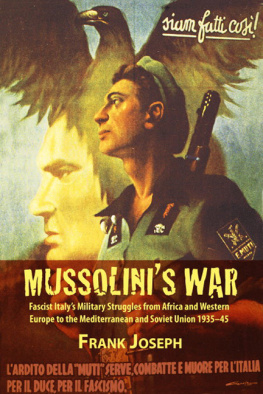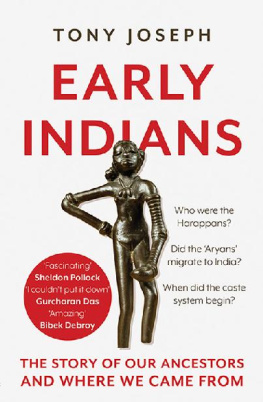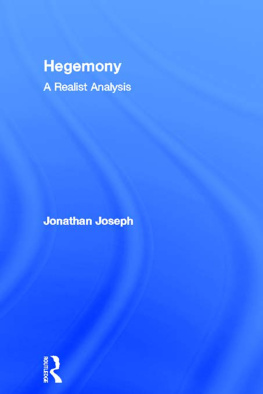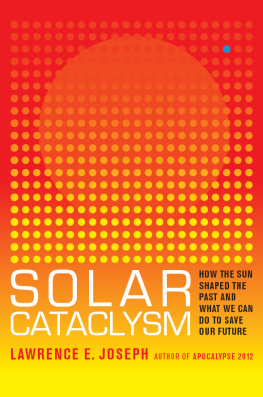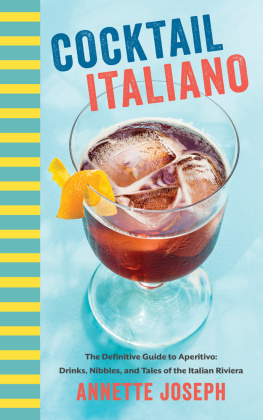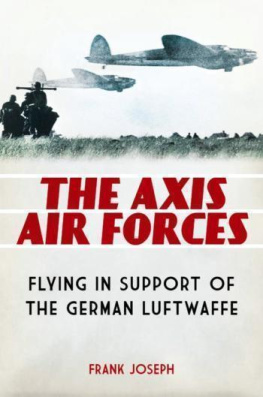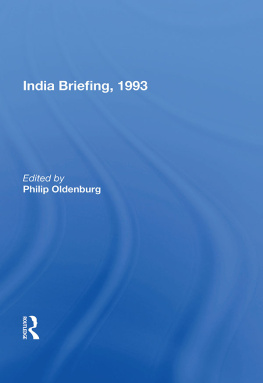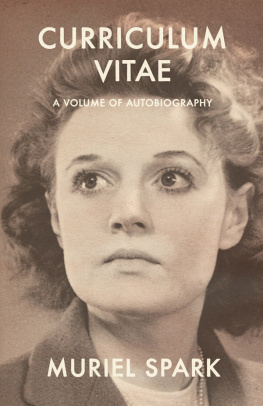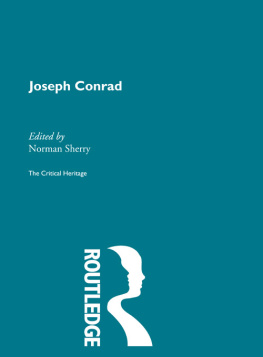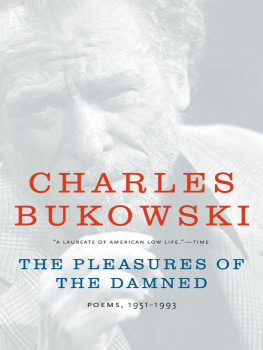Joseph - Codes, precepts, biases and taboos: poems, 1973-1993
Here you can read online Joseph - Codes, precepts, biases and taboos: poems, 1973-1993 full text of the book (entire story) in english for free. Download pdf and epub, get meaning, cover and reviews about this ebook. City: New York, year: 2005, publisher: Farrar, Straus and Giroux, genre: Detective and thriller. Description of the work, (preface) as well as reviews are available. Best literature library LitArk.com created for fans of good reading and offers a wide selection of genres:
Romance novel
Science fiction
Adventure
Detective
Science
History
Home and family
Prose
Art
Politics
Computer
Non-fiction
Religion
Business
Children
Humor
Choose a favorite category and find really read worthwhile books. Enjoy immersion in the world of imagination, feel the emotions of the characters or learn something new for yourself, make an fascinating discovery.

- Book:Codes, precepts, biases and taboos: poems, 1973-1993
- Author:
- Publisher:Farrar, Straus and Giroux
- Genre:
- Year:2005
- City:New York
- Rating:4 / 5
- Favourites:Add to favourites
- Your mark:
- 80
- 1
- 2
- 3
- 4
- 5
Codes, precepts, biases and taboos: poems, 1973-1993: summary, description and annotation
We offer to read an annotation, description, summary or preface (depends on what the author of the book "Codes, precepts, biases and taboos: poems, 1973-1993" wrote himself). If you haven't found the necessary information about the book — write in the comments, we will try to find it.
Codes, precepts, biases and taboos: poems, 1973-1993 — read online for free the complete book (whole text) full work
Below is the text of the book, divided by pages. System saving the place of the last page read, allows you to conveniently read the book "Codes, precepts, biases and taboos: poems, 1973-1993" online for free, without having to search again every time where you left off. Put a bookmark, and you can go to the page where you finished reading at any time.
Font size:
Interval:
Bookmark:
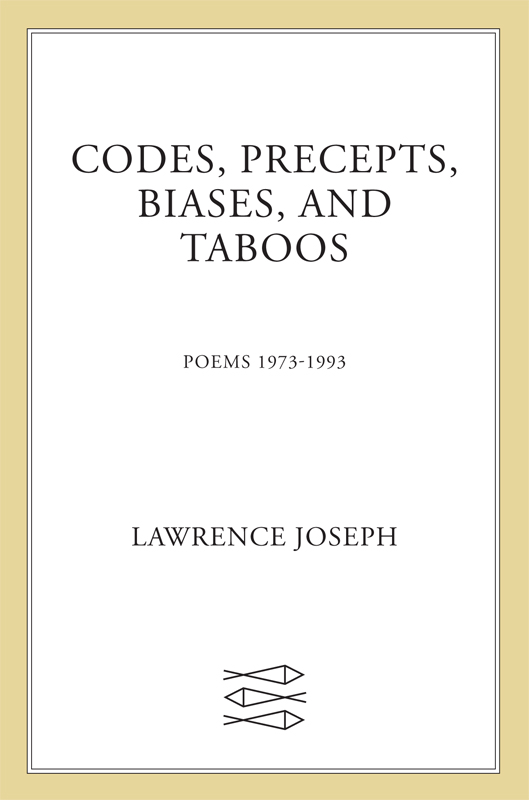
 The author and publisher have provided this e-book to you for your personal use only. You may not make this e-book publicly available in any way. Copyright infringement is against the law. If you believe the copy of this e-book you are reading infringes on the authors copyright, please notify the publisher at: us.macmillanusa.com/piracy. Contents FOR NANCY VAN GOETHEM SHOUTING AT NO ONE I was appointed the poet of heaven. It was my duty to describe Theresas small roses as they bent in the wind.
The author and publisher have provided this e-book to you for your personal use only. You may not make this e-book publicly available in any way. Copyright infringement is against the law. If you believe the copy of this e-book you are reading infringes on the authors copyright, please notify the publisher at: us.macmillanusa.com/piracy. Contents FOR NANCY VAN GOETHEM SHOUTING AT NO ONE I was appointed the poet of heaven. It was my duty to describe Theresas small roses as they bent in the wind. I tired of this and asked you to let me write about something else. You ordered, Sit in the trees where the angels sleep and copy their breaths in verse. So I did, and soon I had a public following: Saint Agnes with red cheeks, Saint Dorothy with a moon between her fingers and the Hosts of Heaven. You said, Youve failed me. I told you, Ill write lovelier poems, but, you answered, Youve already had your chance: you will be pulled from a womb into a city. I THEN Joseph Joseph breathed slower as if that would stop the pain splitting his heart.
He turned the ignition key to start the motor and leave Josephs Food Market to those who wanted what was left. Take the canned peaches, take the greens, the turnips, drink the damn whiskey spilled on the floor, he might have said. Though fire was eating half Detroit, Joseph could only think of how his father, with his bad legs, used to hunch over the cutting board alone in light particled with sawdust behind the meat counter, and he began to cry. Had you been there you would have been thinking of the old Markets wooden walls turned to ash or how Josephs whole arm had been shaking as he stooped to pick up an onion, and you would have been afraid. You wouldnt have known that soon Joseph Joseph would stumble, his body paralyzed an instant from neck to groin. You would simply have shaken your head at the tenement named Barbara in flames or the Guardsman with an M-16 looking in the window of Daves Playboy Barbershop, then closed your eyes and murmured, This cant be.
You wouldnt have known it would take nine years before youd realize the voice howling in you was born then. DRIVING AGAIN Driving again, this time Van Dyke Avenue. Just beyond my window October wind raises a leaf from a sewer, a gray-haired man standing in a crowd before the Mount Zion Temple tips his hat, Not bad, and you? When I was a child I saw this church through the window of a 51 Chevrolet huddled beside my grandmother in the backseat, her small soft hands holding mine, her perfume and the smell from squirrel fur around her neck spinning me to sleep. Now I pass a woman, her brown-blond face spotted purple, who lowers her head to spit, I see a boys words, Dirty Killer Hood, in spray paint on the wall of UAW Local 89. Where was it? I stumbled through the darkness to the door before I realized I was waking from a dream of this street, this smoke from Eldon Axle foundry, these motor blocks stacked against this dull sky. Too many times I stood on a loading dock and watched morning air change from red to iron.
Gimme coffee, gimme a cigarette, a face asked me, aint no life, another warned. Here is the cemetery. Beneath stones engraved in Arabic my grandfather, my grandmother. Beneath this earth Grandpa whose sad eyes could not endure the pain of legs numbed forever, Grandma who smiled although cells crushed her brain. Years ago, on a day like this, I fell to my knees with my father to pull grass from their stones. I did not cry.
When I closed my eyes I did not pray. Now, in a car, on Van Dyke, I cry for them and for me. I HAD NO MORE TO SAY The last time I saw her this flat above the 7-Up Cadillac Bar empty now, windows closed and covered with dust was a coffeehouse to which I came because I knew shed be there. At the window, away from the others, she told me about her mother, always alone, her father somewhere else, in a hotel, in a bar, her sister who hated everything. I told her about Dodge Truck. How I swung differentials, greased bearings, lifted hubs to axle casings in 110 heat.
How the repairman said nothing as he watched me almost lose two fingers. Although she did not answer, her face tensed and her eyes told me, Dont be afraid, it wont last forever. I had no more to say. I took her hand, walked to the center of the room. As voices on the phonograph sang we turned, descended in one beat, rose, shifted and shifted again. I sang to her like the song.
I forgot what the morning would bring: the early bus ride, nervousness, the factory. HERE Pockets puffed with bottles, hair stiff, rising in gray wind. He comes to a dog without hair sleeping in the weeds near the old Packard plant, reads cant see in the dust of a window. One April morning as spiders walk on soft, black stones and the colors of motor oil spread in rainwater pools I am where he is, but I dont look him in the eyes, I dont want to hold him and tell him yes if he asks something. Above us white smoke drifts with large dark clouds toward old Poletown, where the houses are gone. Now it is September and I am there, between the silhouette of broken fences and weeds with yellow hair seizing their own piece of buried sun.
Rain streams down my face, a poplar breathes over the only house I can see, burned and gutted. The only sign of human life is the crashing sound of a bottle thrown hard on cement, east of this wasteland, where the towers smoke. BETWEEN US What was his name? Drank gin from a used paper cup, wasnt even break time yet. Sitting on a Hi-Lo, his muscled arms hung over the wheel. Between us white dust covered with sulfur, the dream of a farm. In a few years ought to have five head of cattle and a tractor.
Nine years and 283 miles to the south side, the voices in the Whole Truth Mission singing gospel. But I came right here to Mt. Elliott Street. Wasnt no future praisin Jesus. I THINK ABOUT THIGPEN AGAIN I think about Thigpen again. On the floor in an apartment on Boston Boulevard, he knows hes going to die.
I see the record of the criminal court. Thigpen opens the door, sees a gun in his face, pleads, I dont have nothing to do with this! According to the pathologist death was caused by massive tissue destruction, contusion and swelling of the brain. In the county morgue Thigpens father whispered, Thats my baby son. And what must have been said after was, You the wrongest person in the wrongest place, the wrongest time, Thig. That was eleven years ago. Sixteen years ago he stuffed a basketball into the face of the Brother Rice forward who called him a name, and we went wild.
I saw him in Louis the Hatters, downtown. He pointed at my Stetson, laughed, You aint ever gonna look like a nigger. Later, he wrote poems of babies in frozen tenements, garbage alive with maggots, the love a woman makes, the greasy riders with Detroit skin, the toughest in the world. He would be the poet of this hell. That bullet slicing your brain isnt poetry, Thigpen. IT WILL RAIN ALL DAY Breakfast at Bucks Eat Place; a portrait of Henry Ford, two eggs, hash browns, sour coffee.
Afterwards I walk out on Vernor Avenue, looks like a river in the rain, the signs from small stores hanging over the wet sidewalks like trees. But rivers are not passed over by a woman wearing a windbreaker with flags sewn on both shoulders, muttering to herself, head down, or an unshaven man older than he is, his body slanting as if hes about to fall headlong into a dream. Neither looks at me waiting at the light, in my car, as windshield wipers eliminate the stars of water. Along the cemetery, poplars look upward with thousands of eyes into the rain that comes down on hills of lime and coal, reminding me of Metz, but the wind that lifted rhododendrons that April isnt here with me. What do I want, driving through streets past bars where fifty-year-old truck drivers sip whiskey and dont feel like talking, past houses where chimney smoke reveals fires and rooms I will never know? On Fort Street I pass the bar with Fight Poverty Drink & Dance scrawled in white paint across its windowless front, and then a block-long building, windows knocked in, wires ripped from the walls, toilet bowls covered with dirt and spiderwebs. It will rain all day.
Font size:
Interval:
Bookmark:
Similar books «Codes, precepts, biases and taboos: poems, 1973-1993»
Look at similar books to Codes, precepts, biases and taboos: poems, 1973-1993. We have selected literature similar in name and meaning in the hope of providing readers with more options to find new, interesting, not yet read works.
Discussion, reviews of the book Codes, precepts, biases and taboos: poems, 1973-1993 and just readers' own opinions. Leave your comments, write what you think about the work, its meaning or the main characters. Specify what exactly you liked and what you didn't like, and why you think so.

